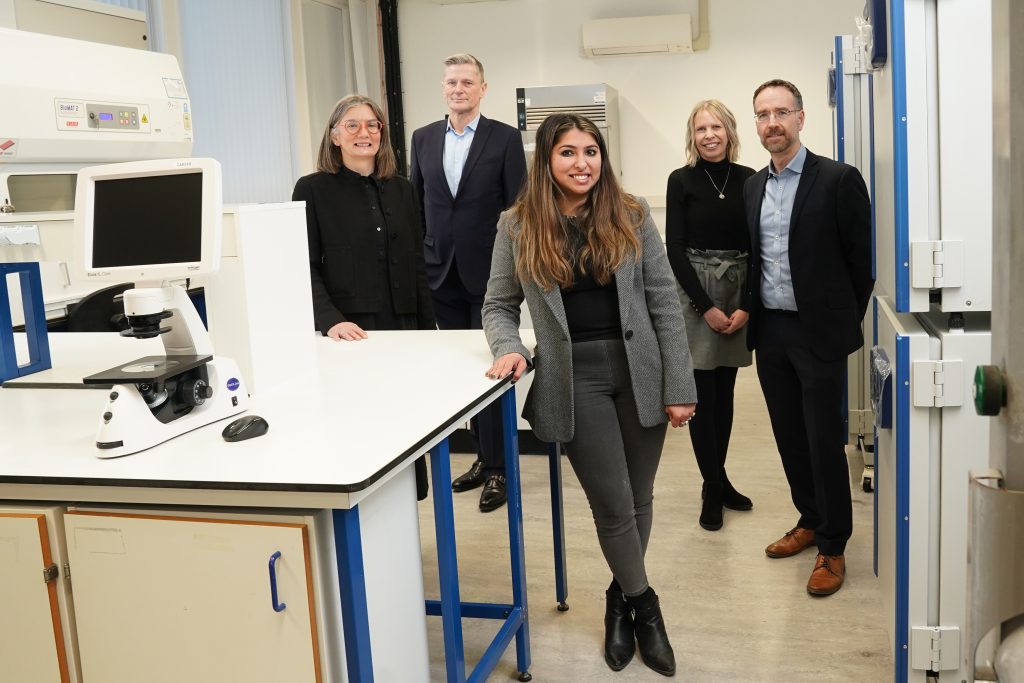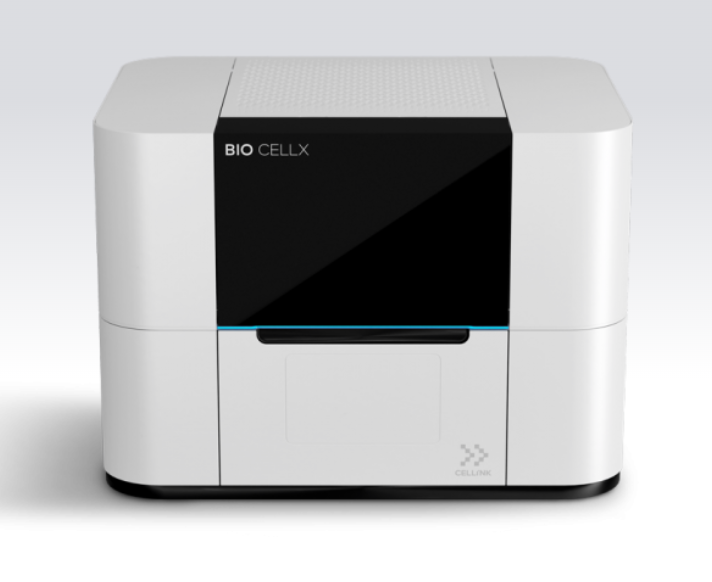Edinburgh-based tumor 3D printing specialists Carcinotech has successfully raised £4.2 million in an investment round led by Eos Advisory (Eos) and the Investment Fund for Scotland (IFS).
This is the first equity deal from the £150 million IFS, conducted through appointed fund managers Maven Capital Partners on behalf of the British Business Bank.
Carcinotech’s proprietary Carcino3D 3D printing technology can manufacture personalized 3D printed micro-tumors using cells from patient biopsies and blood samples. This allows the 3D printed tumors to accurately simulate tumor microenvironment, accelerating drug screening and facilitating the delivery of more effective cancer treatments.
The company plans to leverage its new finances to extend the commercialization of its offering within the UK and Europe, with a US expansion planned later this year.
The funding round was managed by Maven, Scottish Enterprises, Old College Capital, and Investing Women Angels. The round also included existing investors TRICAPITAL, SIS Ventures, Gabriel Investment Syndicate, and Alba Equity.
“Our vision is to be at the forefront of cancer drug testing and provide personalized medicine testing to every individual suffering from cancer to improve their treatment and chance of survival.” stated Carcinotech CEO and Founder Ishani Malhotra. “Working with global partners, leading pharma companies, surgeons, pathologists, and clinicians, Carcinotech aims to significantly accelerate oncology drug development.”
“Ishani and her team are breaking new ground in oncology, they combine a deep knowledge of the field with technology-driven systems that are set to bring about greater efficiencies in cancer research workflow,” added Anne Muir, Director of Portfolio at St Andrews-based investment firm Eos.
“At Eos, we back innovative companies that positively impact the world and we are excited to continue our support as Carcinotech builds on its commercial traction and enters its next phase of growth from a base in Scotland.”

3D printing personalized tumors
Cancer continues to pose health challenges around the world, with an estimated 19.3 million cancer cases and nearly 10 million cancer-related deaths reported in 2020 alone. Despite having such a high global impact, cancer treatments remain limited, with those that are available having a mixed success among patients.
Founded in 2018, Carcinotech aims to overcome these challenges with its proprietary 3D printed tumor offering. Taking patient biopsies, blood samples, primary cells, immune cells, and cancer stem cells, Carcinotech can 3D print living micro-tumors personalized to the patient. Carcino3D 3D printers can fabricate tumors related to lung cancer, brain cancer, breast cancer, colorectal cancer, ovarian cancer, and other custom and rare cancer cases.
Manufacturing on Demand
The company says that these unique 3D printed tumors provide a platform for rapid, ethical, and accurate drug discovery, screening, and pre-clinical testing. Collaborating with pharmaceutical companies, surgeons, pathologists, and clinicians, Carcinotech’s offering is said to accelerate drug discovery and enable more effective cancer treatments.
In October 2023, Carcinotech’s 3D printed tumor offering was expanded through a partnership with 3D bioprinting firm CELLINK. This collaboration focuses on the development and commercialization of protocols for the biofabrication of 3D bioprinted tumors using cancer cell lines.
Commercially available on CELLINK’s BIO CELLX 3D bio dispenser, the cell line-based protocols are said to significantly reduce research timelines. What’s more, the protocols reportedly ensure the creation of 3D printed cancer models that have undergone stringent quality control measures, guaranteeing reliability and accuracy.
“As part of ongoing commercialisation, we have built strong industry partnerships in Europe, and are now actively engaged in replicating these in North America,” added Malhotra.
Carcinotech has also strengthened its board of directors, chaired by Albert Nicholl, and launched a scientific advisory board last year which is headed by oncology specialists.

Additive manufacturing enhances cancer treatment
The use of 3D printing to improve cancer treatment is growing. Earlier this month, Medical equipment manufacturer Kallisio announced that it had received FDA 510(k) clearance for its Sentra 3D printed oral stent for Head and Neck Cancer (HNC) patients undergoing radiation therapy.
The company’s 3D printed stents are personalized to meet patient needs and are designed to address toxicity concerns, safeguarding healthy tissue around the target tumor area. According to Kallision, Stentra enables high treatment accuracy, providing a patient-specific solution for precise and targeted radiation therapy. The oral stents can be 3D printed in less than five days.
Elsewhere, researchers from Queen’s University Belfast developed a novel process to produce 4D printed breast implants to manage and treat breast cancer. This was reportedly the first time 4D printing had been used to produce breast cancer implants.
The implants can be programmed to change size to better fit into a patient’s tissue cavity. This enables greater personalization and improved aesthetic outcomes. The 4D printed implants can also release chemotherapy drugs directly at the point of need, minimizing the risk of the cancer cells returning to the affected area.
You might also like:
Kallisio’s new 3D printed oral stent receives FDA 510(k) clearance paving the way for cancer care: Utilizing personalized 3D printing technology, the Stentra device is crafted to address toxicity concerns, safeguarding healthy tissue around the target tumor area. The customization process integrates each patient’s oral data with 3D printing, aiming to reduce common target positioning discrepancies found in radiotherapy methods like Intensity-Modulated Radiation Therapy (IMRT). Specifically designed to immobilize critical organs at risk (OARs), such as the tongue and lips, the oral immobilization stent prevents exposure to the high-dose radiation target zone.
* This article is reprinted from 3D Printing Industry. If you are involved in infringement, please contact us to delete it.
Author: Alex Tyrer-Jones

Leave A Comment